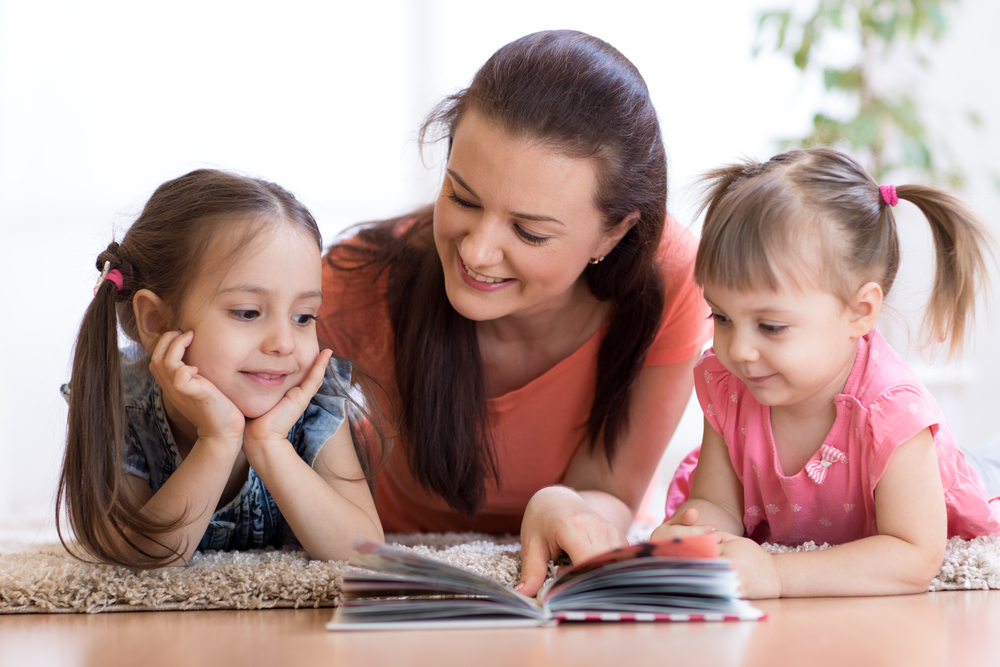Historical Knowledge Normal Reading Worksheets for Ages 5-9
6 filtered results
-
From - To
Explore our engaging Historical Knowledge Normal Reading Worksheets designed for young learners aged 5-9. These worksheets introduce children to significant historical events and figures in a fun and accessible way, fostering a love for history from an early age. Each worksheet features age-appropriate texts complemented by captivating illustrations that capture children's interest. With activities that promote comprehension, critical thinking, and vocabulary development, our reading worksheets are perfect for both classroom use and home learning. Help your child discover the past and connect with the world around them through our expertly crafted resources that make learning history enjoyable and interactive!


White House Worksheet
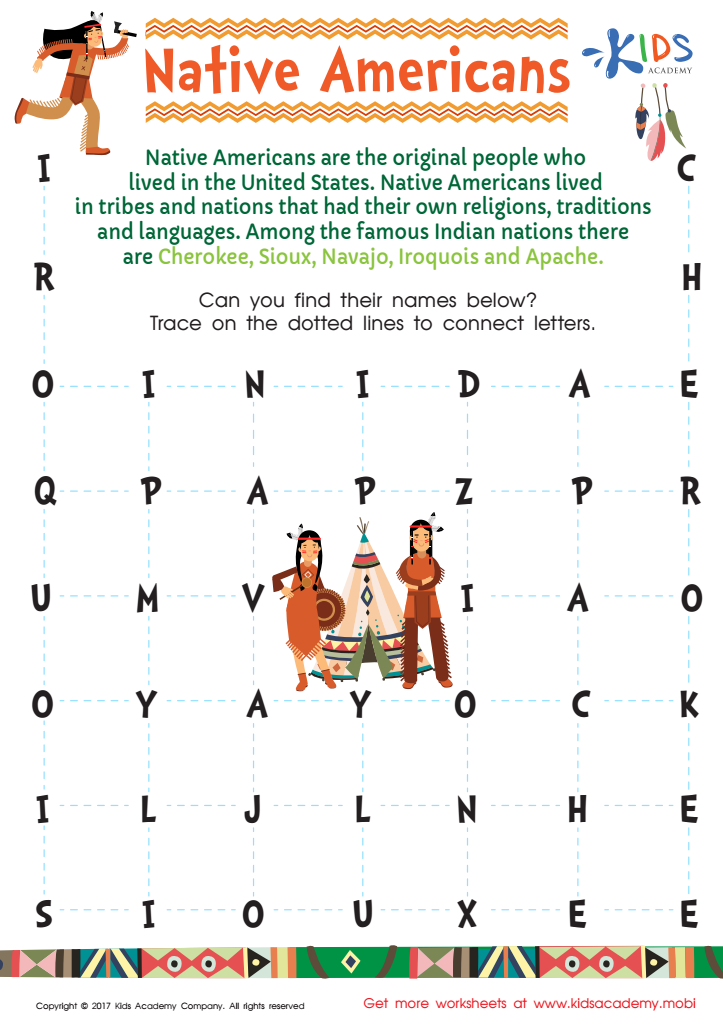

Native American Word Search Printable


Benjamin Franklin Worksheet
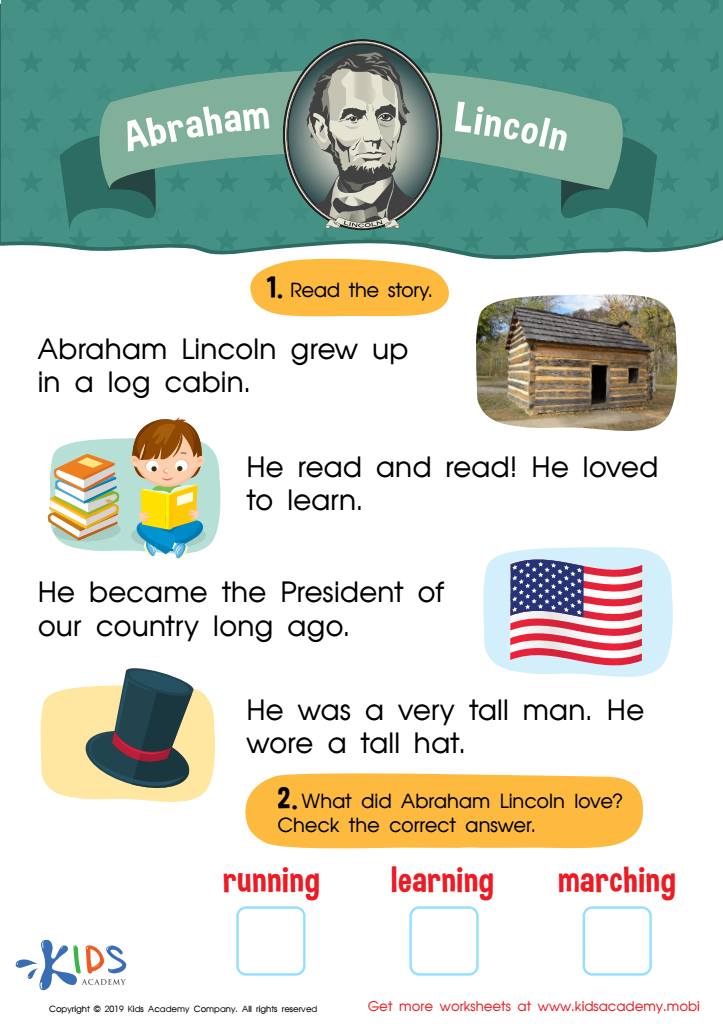

Abraham Lincoln Worksheet
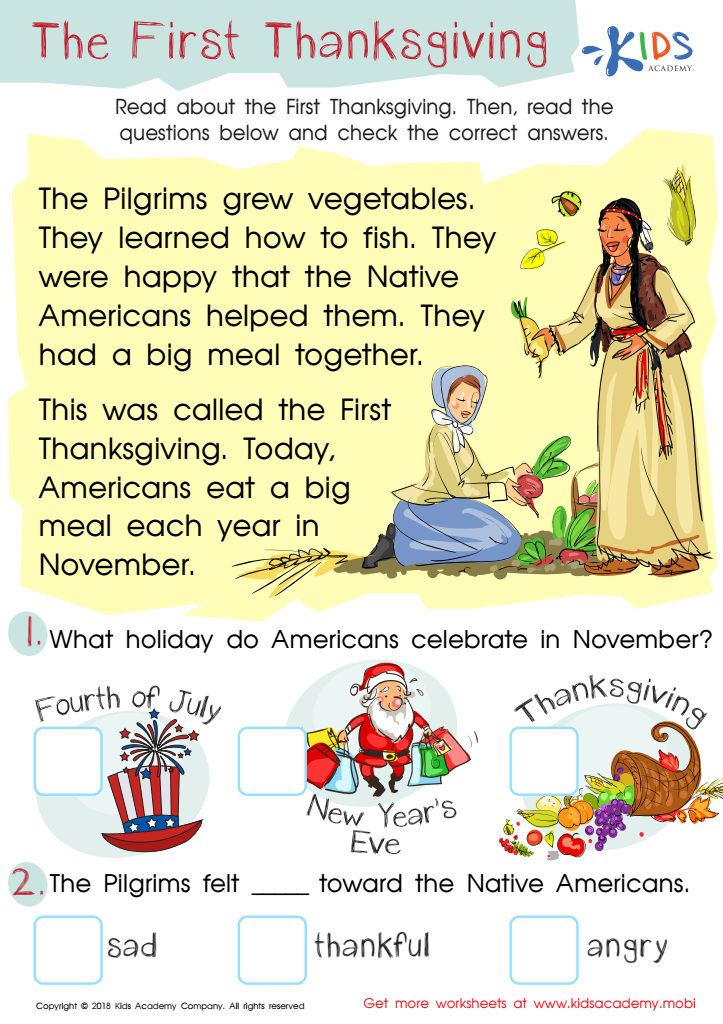

Assessment: First Thanksgiving Worksheet
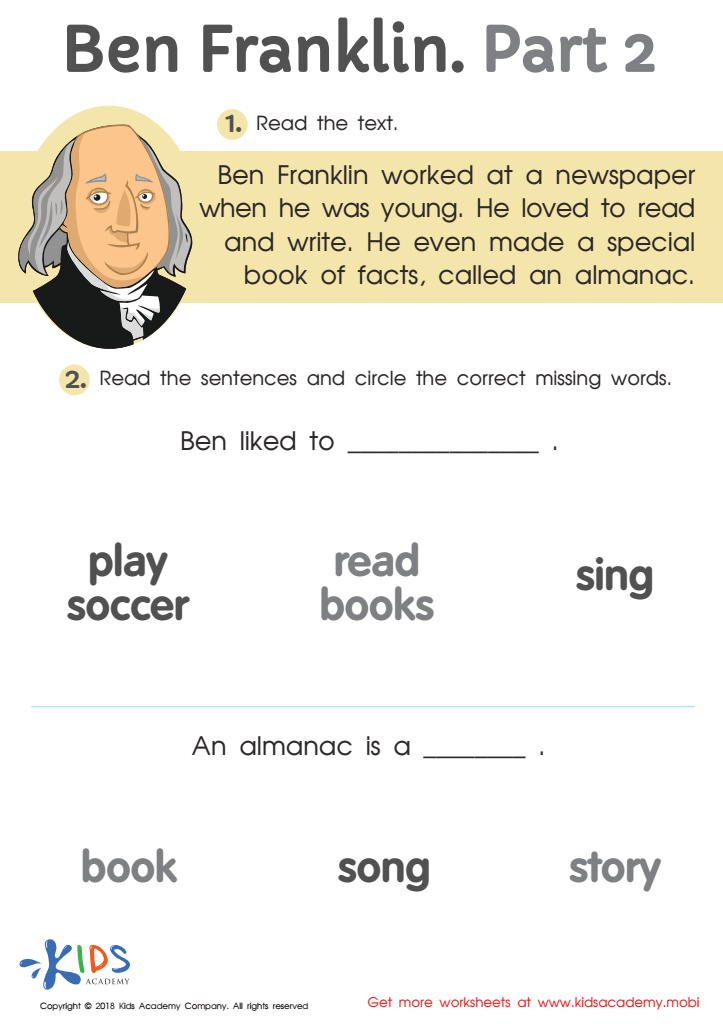

Ben Franklin Part 2 Worksheet
Historical knowledge is essential for children ages 5-9, as it forms a foundation for understanding the world around them. During these formative years, children are developing critical thinking skills and begin to recognize the significance of past events and figures. Engaging with historical narratives fosters curiosity, encourages questions, and stimulates imagination.
Parents and teachers play a crucial role in nurturing this interest through age-appropriate stories and discussions about history. By introducing young learners to diverse cultures, important milestones, and influential individuals, we help them build empathy and cultural awareness. This, in turn, promotes inclusivity and helps children realize that they are part of a larger community shaped by the past.
Moreover, exposure to historical knowledge can meet educational standards and improve literacy skills. Children practicing reading through historical texts are more likely to develop comprehension skills while simultaneously absorbing essential historical context. The intersection of reading and history can ignite a passion for learning, creating lifelong learners.
Ultimately, fostering historical knowledge in early education not only cultivates informed citizens but also shapes critical thinkers who can connect lessons from history to present and future societal challenges. This integrated approach empowers children to understand themselves and their place in a diverse, interconnected world.

 Assign to My Students
Assign to My Students


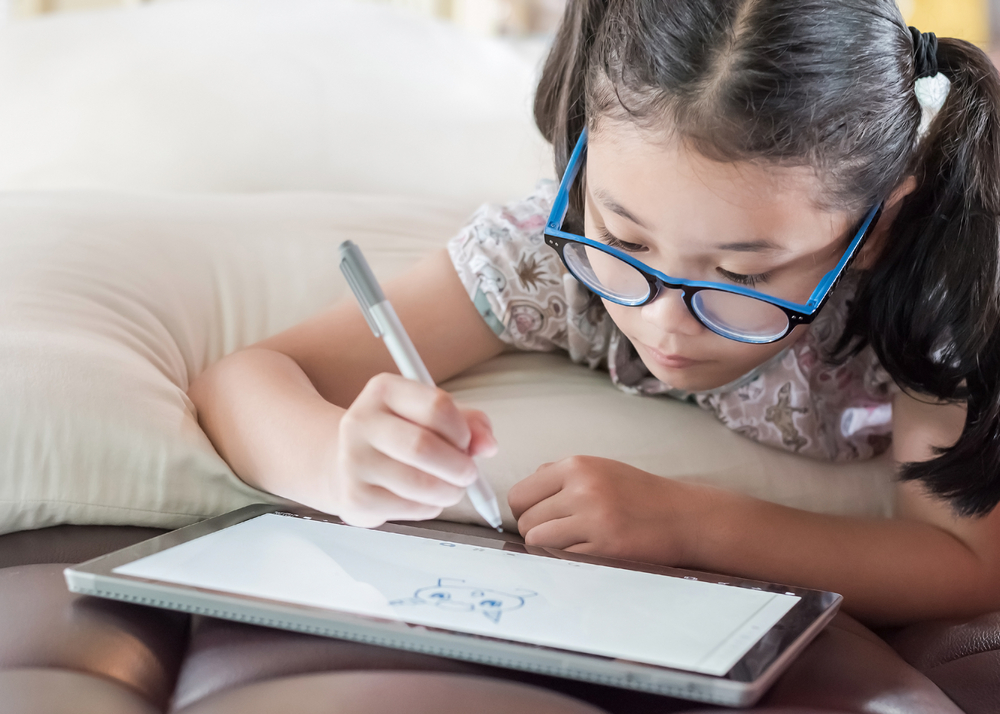
.jpg)


